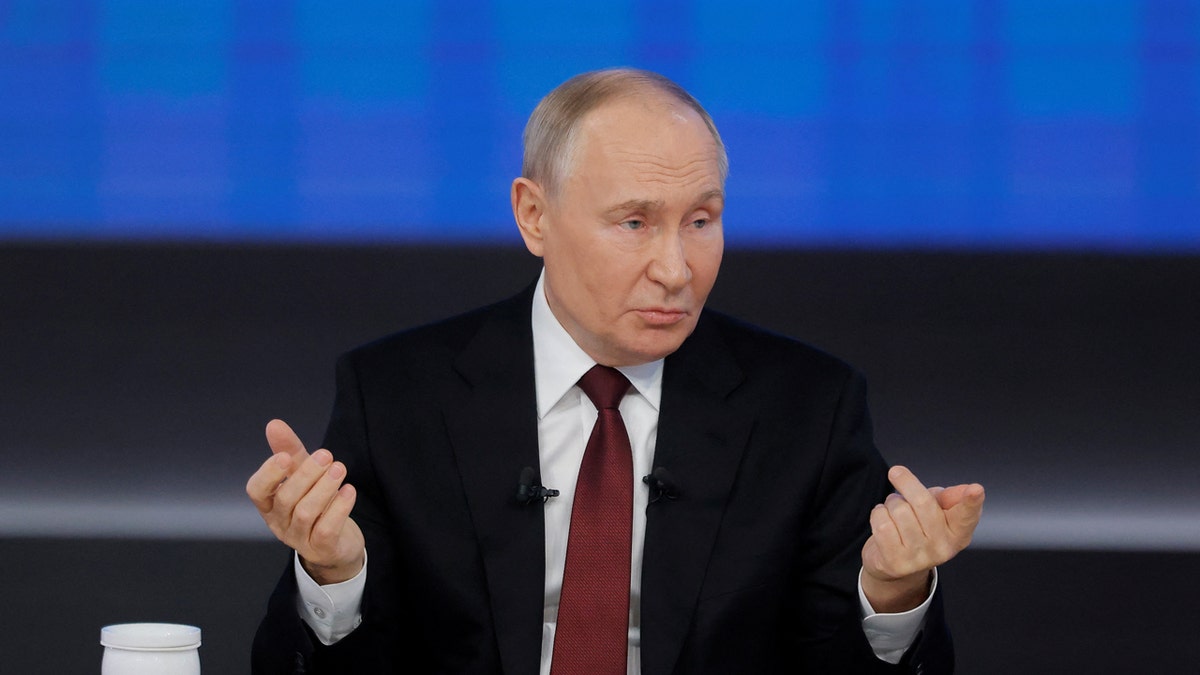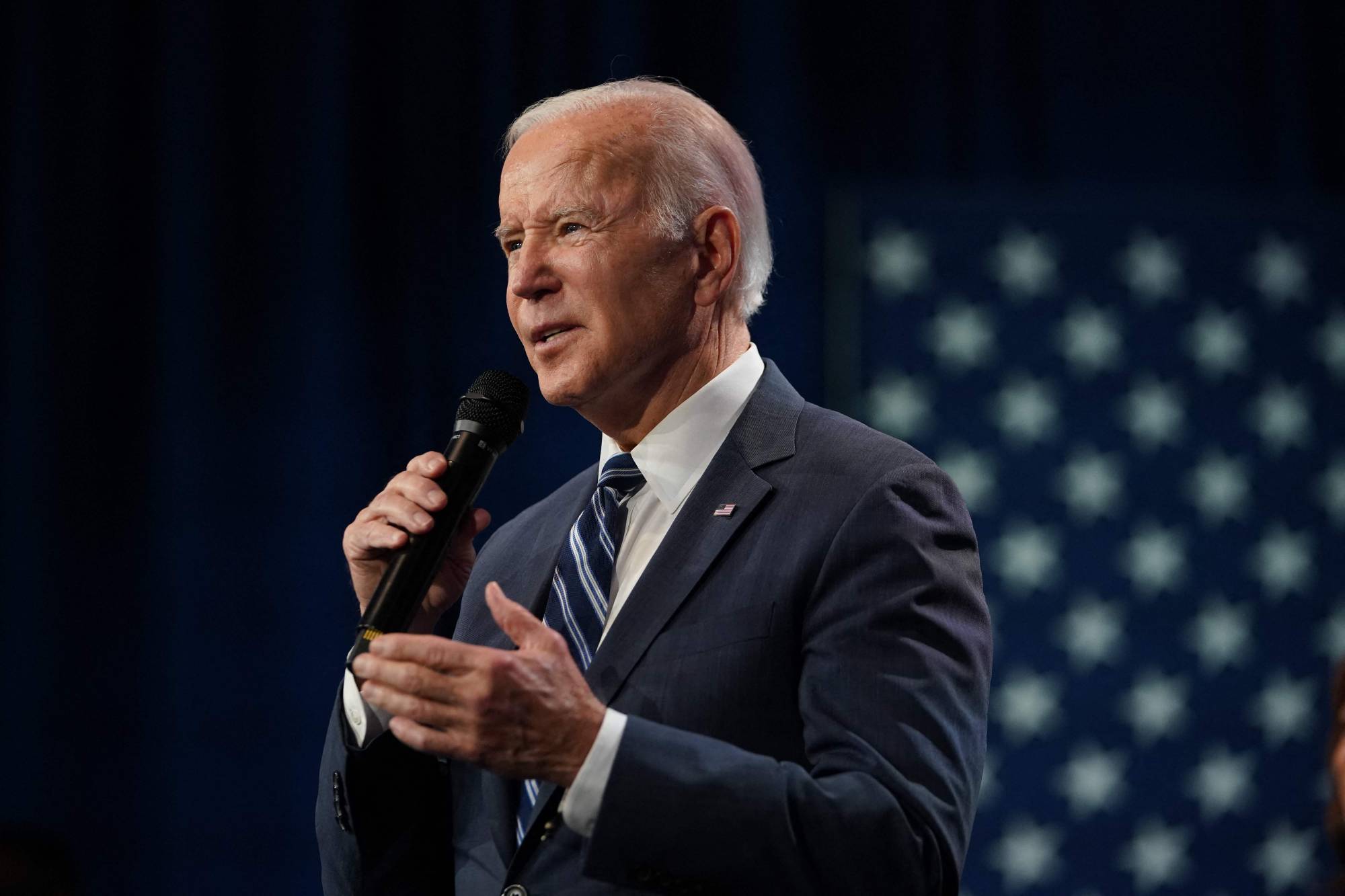Alright, folks, let’s cut through the noise. Putin finally signed off on a list of negotiators for talks with Ukraine, scheduled, ironically, to take place in Istanbul – a city steeped in diplomatic history. Medinsky is leading the charge for the Russian side. But before you start believing in a miracle, let’s be brutally honest: this is likely posturing as much as it is a sincere attempt at peace.
Let’s unpack this. The core issues – Ukraine’s ‘demilitarization,’ Kyiv’s NATO aspirations, and, crucially, territorial claims – remain colossal sticking points. Neither side is remotely willing to budge. This isn’t about finding common ground; it’s about solidifying positions.
Here’s a bit of background, for those newer to the game. The Kremlin’s strategy isn’t simply to find peace; it’s to dictate terms. They want concessions, and they’re using military pressure to get them.
Understanding the ‘Military Pressure’ Dynamic: Russia continues building momentum on the battlefield. Negotiating while simultaneously escalating force isn’t accidental. It’s a time-honored tactic: ‘talk and fight.’
Moreover, consider this: Russia hasn’t agreed to a ceasefire alongside these talks. According to Alexander Baunov, a senior fellow at the Carnegie International Peace Foundation, this is a key indicator. Russia wants to maintain leverage – and that leverage comes in the form of ongoing military operations.
This isn’t just a disagreement over borders and security protocols, it’s a fundamental clash of geopolitical visions. Expect a lot of diplomatic theater, but genuine progress seems…distant, to put it mildly. Don’t let headlines fool you. This is a long game, and it’s going to be a brutal one.






